Vietnam ranked 65th out of 137 countries and territories in the 2020-2022 period in terms of happiness index, according to the World Happiness Report 2023, up 12 places compared to the 2022 Report.
The report was released on March 20, which has been designated by the United Nations as International Day of Happiness since 2013.
[caption id="attachment_538607" align="aligncenter" width="870"]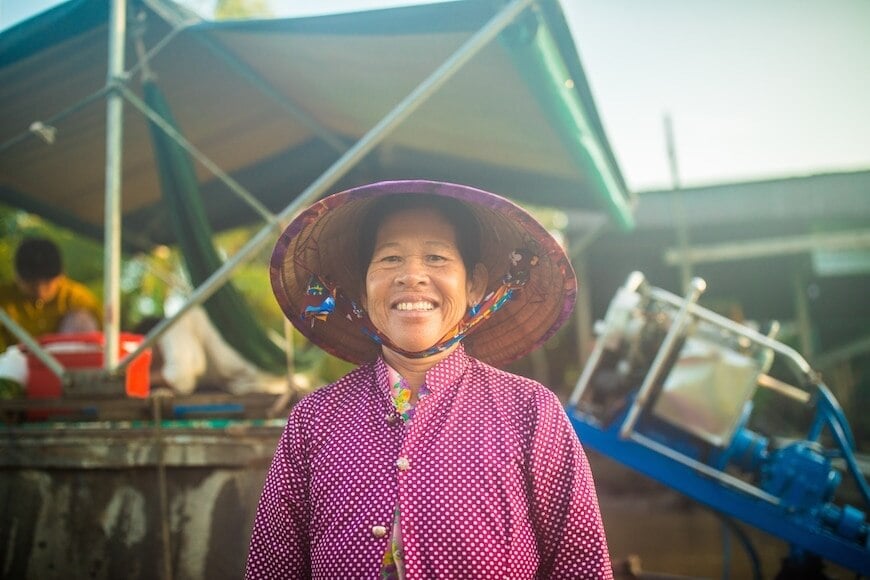 (Illustration: Vietnam Tourism)[/caption]
(Illustration: Vietnam Tourism)[/caption]Meanwhile, Finland continues to hold the title of the world's happiest country for the sixth consecutive year, followed by continuously high-performing countries such as Denmark, Iceland, the Netherlands, Sweden, Norway, Switzerland, Luxembourg and New Zealand...
Afghanistan ranked lowest in the world, followed by Lebanon, Sierra Leone, Zimbabwe and the Democratic Republic of Congo.
In Southeast Asia, Singapore is the happiest country on the list, coming in at 25th place. Malaysia and Thailand are above Vietnam, coming in at 55th and 60th place, respectively.
Factors that influence a country's ranking include GDP per capita (the size and performance of its economy ), social support (whether people have someone to turn to in times of trouble), life expectancy and health (which includes physical and mental health in addition to life expectancy), freedom to make life choices (human rights), generosity (active community participation in public affairs), and perceptions of corruption.
The World Happiness Report is a publication of the Sustainable Development Solutions Network, with data provided by the Gallup World Poll.
[caption id="attachment_538610" align="aligncenter" width="768"] (Illustration: Local Vietnam)[/caption]
(Illustration: Local Vietnam)[/caption]Special report during the time of pandemic
This year's national rankings are based on life assessments in 2020, 2021 and 2022, so all observations are drawn from years with high COVID-19 infection and death rates.
According to the authors, 2022 is a year of crisis, with many global fluctuations including the ongoing COVID-19 pandemic, war in Ukraine, worldwide inflation and a series of natural disasters and extreme climate events locally and globally.
"We therefore have more evidence when assessing aspects of life, such as trust and social relationships, as well as the ability of countries and the world as a whole to adapt in the face of crisis. Our main analysis concerns well-being, measured by emotional assessments of life, how these factors change in crisis situations, and how life gets better when trust, kindness and social connections continue to grow," the authors write.
"This year we focused specifically on how COVID-19 has affected the distribution of well-being. Has inequality of well-being increased or decreased? Where and for whom? We split the national population into happier and less happy halves to show how the two groups fared before and during the pandemic. We did this to assess their lives and their emotional, social and material foundations," the report said.
Vietnam's economy has rebounded strongly after the COVID-19 pandemic. After the containment of the pandemic and the reopening of economies around the world, the Vietnamese economy has also shown a strong recovery, led by new trajectories with a spirit of innovation.
The Party and State have introduced a series of support policies to promote the establishment of a favorable business ecosystem, helping to restore the economy sustainably.
The government has also increased public investment and introduced stimulus packages during the post-pandemic economic recovery period. Vietnam is also implementing preferential policies to encourage businesses to increase production, create jobs for workers, restore exports, and reduce the number of bankruptcies.
Phuong Anh















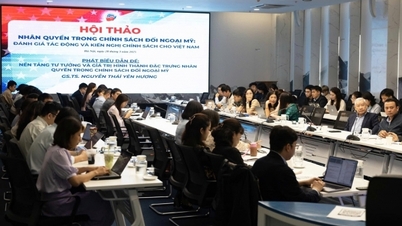






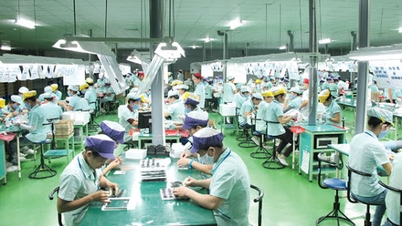
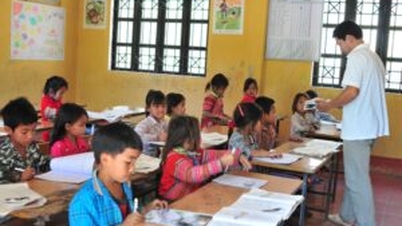






















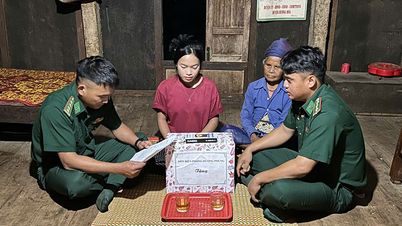















































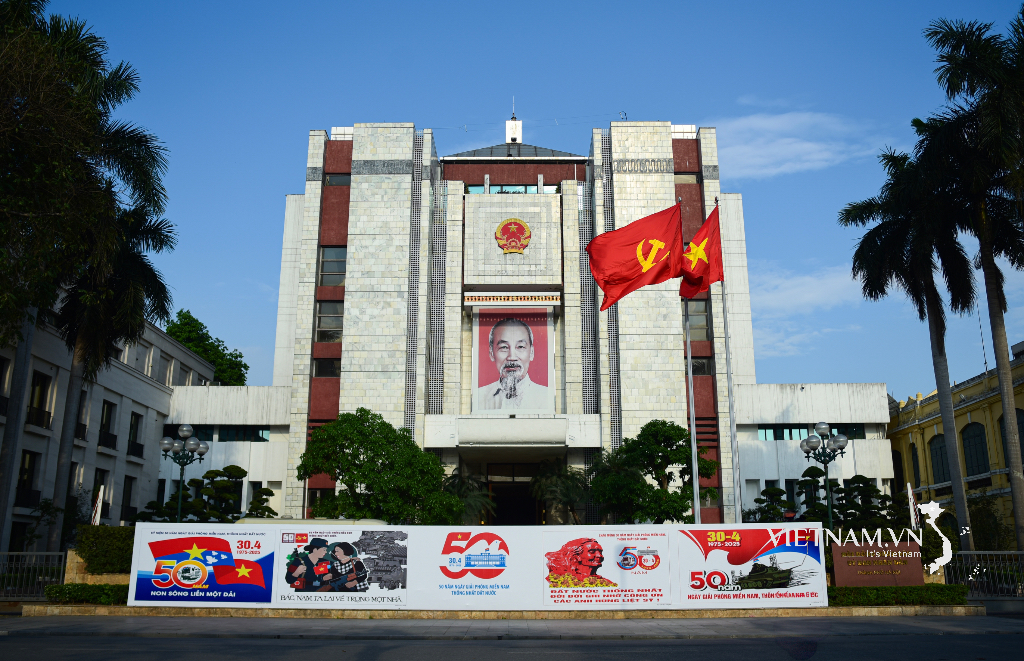

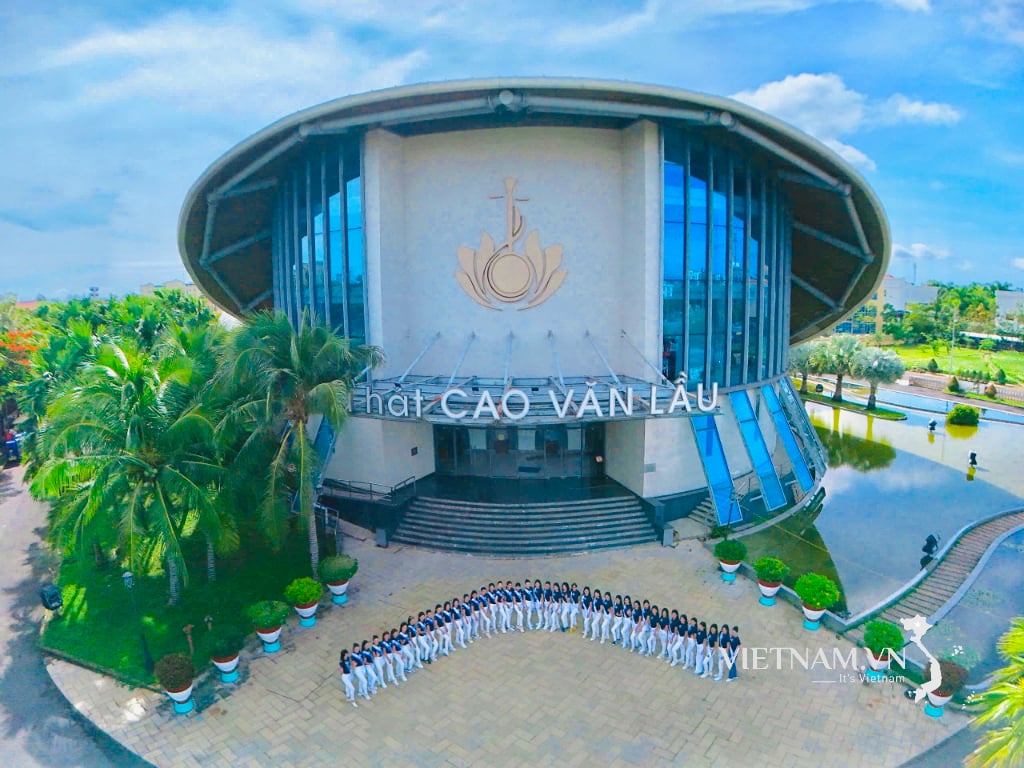
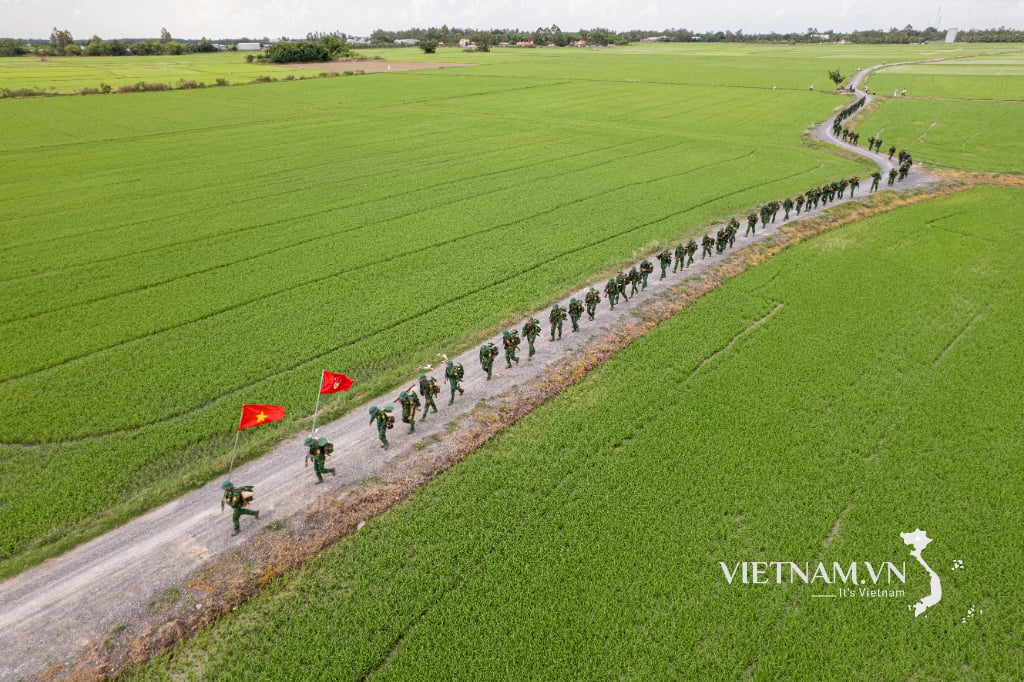
Comment (0)